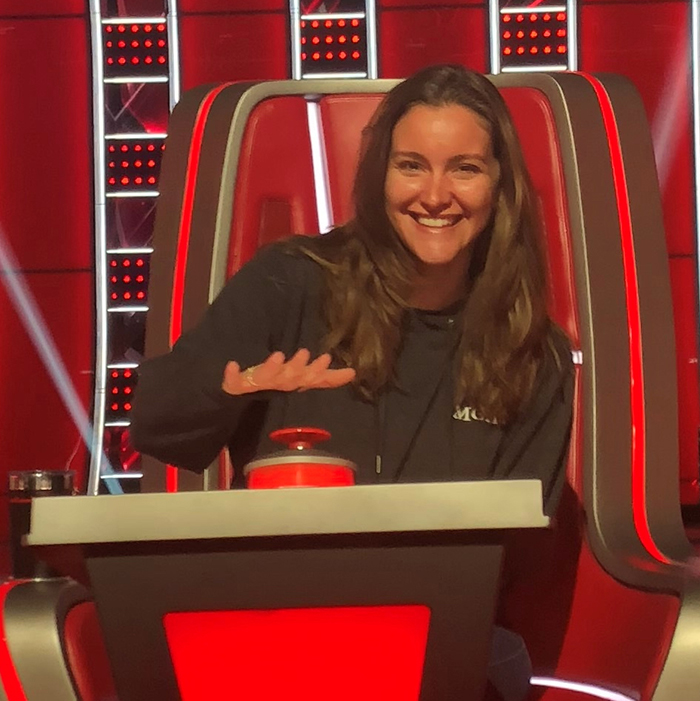
Shawna Benfield L’09 was drawn to the entertainment industry early on—but always worked behind the scenes. “I was way too shy and utterly lacking in talent,” she laughs, “But I loved seeing how things were created.” She was the first non-musical theater major to take a course in the history of musical theatre at the University of Miami, where she majored in sports administration. So it was probably inevitable that she would end up in entertainment law, but it was not a straight career path out of law school.
As a first-generation college student, a law degree represented stability and respect. “I fell into the same mold as many law school students,” she says, studying for a career in litigation or corporate law, soaking up essential skills and being inspired by certain professors. She wasn’t drawn to tax law, for example, but loved classes taught by Professors Robert Nassau and Gregory Germain, who became trusted mentors.
Following graduation, Benfield clerked for federal judges and worked in a big law firm doing commercial and securities litigation, but she never lost her passion for the entertainment business. Her husband Andrew K. Benfield L’09, a tax attorney, encouraged her to career course-correct. She reached out to a network of colleagues and alumni. “I did the awkward thing, talked to strangers, and asked for help,” says Benfield. She demonstrated that her skills were transferrable to an industry that is essentially “a mishmash of potential legal issues.”
Bringing her legal acumen into the creative process, Benfield, who is now associate principal counsel for Walt Disney Television and the FX network, gets involved in everything from contract negotiations with agents to issues related to freedom of expression here and abroad, to labor law and international contracts. The consumers of entertainment are unaware of the legal complexities behind the scenes. Benfield offers this example from when she was a production attorney for The Voice. During a live broadcast, a contestant went missing, forcing producers and directors to quickly decide (during a commercial break) how to cover the time. Benfield advised on measures that were equitable to other contestants and in compliance with rules governing competition shows. “The worst thing a lawyer can do is ruin the vibe of the show,” says Benfield.
“We never want to hamstring the creative,” says Benfield. She works closely with production teams to facilitate storytelling that entertains, enlightens, and impacts viewers around the world. Sometimes it’s about solving logistical problems: “Can we go to Iceland to shoot that scene? Do we need visas if we only work there for a week?”
Sometimes, it’s about managing legal risks to empower the storyteller. For example, in working with a journalist on the production of a docudrama, Benfield considers “wildly different rules” governing free speech and defamation in different countries. “I’ll tell the writer, ‘Put your pen to paper, be your best, and we will figure out the rest.’ Sometimes the very best stories carry risk. But just because it’s risky doesn’t mean you shouldn’t be doing it.”
Having taken some risks herself in redirecting her own career, Benfield couldn’t be happier: “There’s nothing better than helping people with creative talent succeed, and being able to play a small role in that is just wonderful.”
